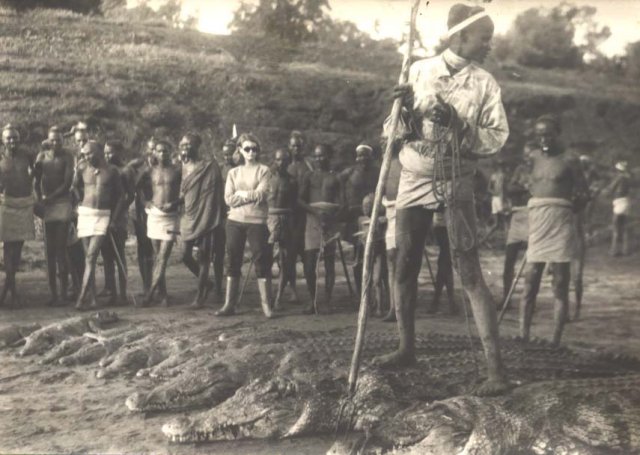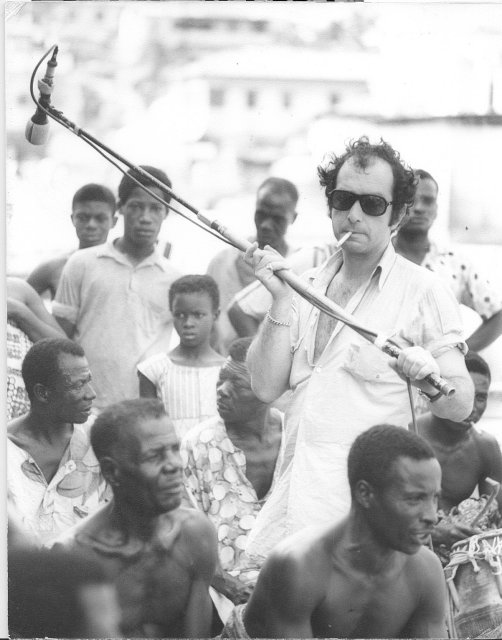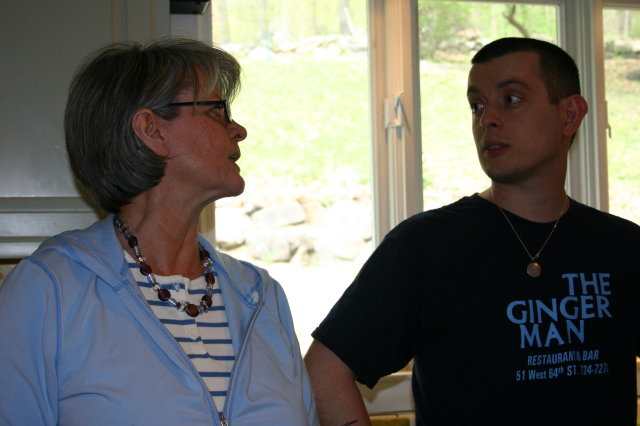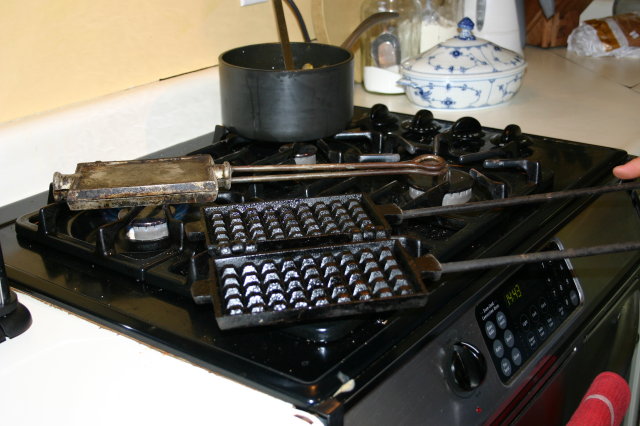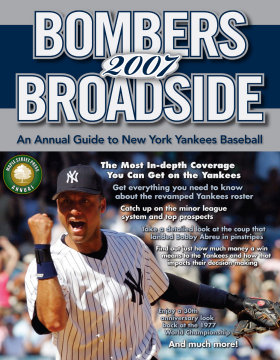My father had a heart attack when he was 39. He continued drinking for about a half-dozen more years and finally quit when he realized that if he kept it up he would die. He still smoked for many years after that but he stopped that too when he had quadruple bypass surgery less than ten years ago. Since then, I have thought a lot about my father’s death–how he will die, when he will die, and what I will do when it happens. But I never imagined that he would go as peacefully as he did when he left this world yesterday at 4:20 p.m. surrounded by his family and friends in the CCU at St. Luke’s on Amerstam Avenue, two blocks north of the massive (and still unfinished) church, St. John the Divine.
My dad was a generous and loving man, thoughtful and considerate. He was also volatile and angry too. When he laughed, it was not softly, but forcefully and loudly; his entire body would shake, and you could see the red rising up through his face. (When Emily first saw him laugh hard she thought he was going to drop dead right then and there.) Pop led the league in righteous indignation. You want to know how corrupt the alternate side of the street parking rules are? Dad was the expert. One time, when we were walking across 79th street and West End Avenue (with the light), a car suddenly swept in front of us and pop kicked the hubcap off the back tire–while the car was still moving. Dude stops his car and gets out, and he’s got my dad beat by at least four, five inches. But after he got nose-to-nose with the old man, he realized this was not a fight he was going to win. (I remained on the sidewalk with that funny combination of fear, mortification, and pride.)
I had a hard time with my dad when I was a kid. He was a troubled guy for many years and he took out a lot of his frustrations on his family (not to mention himself). But I grew up, and so did he in a way. I mean, by the time I reached my twenties, he was no longer a hard ass in the same way he had been earlier. Just before his bypass he called me at work one day and out-of-the-blue apologized for being so tough on me for all those years. I knew he was saying it for himself, but I was still touched. More importantly, over the past few years, I have been able to forgive him. I know in my heart that he never did anything intentionally to hurt me. Like all of us, he was not perfect, and he did his best. He might not have always known how to care for his children very well, but I never had any doubts how much he loved us.
My dad was never shy about telling his kids that he loved them. In that regard, he was the person I always turned to when I needed comfort and affection (he’s one of the all-time great huggers); not advice, necessarily, but unqualified empathy. For instance, when my fiancee Emily was in the hospital a few years ago, I came home after seeing her one day and burst-out crying. My dad is the first person I called.
If you were in his family–and I include the many friends he had in this category–he would do virtually anything he could to help you out. Need a cabinet installed? Call Don. Help with your computer? Don is your man. A ride to the airport? Pop is there. In fact, I can’t imagine how most of my family is going to get to and from the airport now. He strongly believed in picking people up. It was a small gesture, but one that shows his compassion and his generosity. Former Yankee GM Gabe Paul used to say that the mark of a good general manager was being able to make a phone call at 3:00 and not piss the guy on the other end of the line off. My dad was the guy you could call at 3:00 and ask a favor, and he’d be there, no questions asked.
Pop was proud of my budding career as a writer. Not so long ago, I decided to dedicate a book that I am editing of Pat Jordan’s greatest sports writing to him. Jordan is my dad’s kind of writer, a storyteller with a direct, clear prose style. I thought it would be a nice surprise for dad to dedicate the book to him, even though the book isn’t going to be released until next winter. That’s a long time to wait for a surprise, so I just called him up and told him about it over the phone. Why wait? He was thrilled and bragged about it to his friends. I can’t tell you how happy I am that I made that call.
Dad was at home on Sunday night with my step-mother. They have had an on-again/off-again relationship for more than twenty years, but they have been on-again for the past few years and it was clear that they were together for good this time. In fact, I don’t ever remember my dad being happier than he’s been for the past year or so. He fixed his favorite pasta dish–spaghetti with shrimp–and then he and his wife settled-in to continue their “Homocide” marathon (I had given them the entire box set of the show for the holidays). Not long after, he clutched his chest and complained of tightness and then he collapsed, losing consciousness immediately.
My aunt called me at home as Pop was being rushed to the emergency room. I got in the car and picked-up my brother and my sister (who live within forty blocks of me) and we were at St. Luke’s in a half-an-hour. We stayed through most of the night and the doctor’s made it clear that the situation was grave. Dad’s heart was extremely weak and there was a lack of oxygen to his brain for an extended period of time. Even if his heart did recover, we didn’t know if his mind would. My sister and I left around 3 am and my brother stayed with our step-mom for the rest of the night. We returned the following morning, along with aunts, uncles and cousins. There was at least a dozen, maybe fifteen of us all told later in the day–some of his close friends, my mother and my step-father.
By the early afternoon, dad’s heart-rate and blood pressure continued to drop and we realized he did not have long to live. Eventually, the doctors gave him morphine, we decided to pull the plug. My father died with his family and friends all around him, touching him, talking to him, crying together. It was one of the few times that he had everyone’s undivided attention and wasn’t talking, my step-mother joked.
It was beautiful in a way. I always thought that my dad would die alone, or that his righteous indignation would finally pick the wrong target, or that he’d get killed in a car accident (I haven’t even mentioned the Upper West Side’s answer to A.J. Foyt). I never would have thought it would be surrounded by his loved ones. It was like the Woody Allen version of “Wizard of Oz” with everybody there. He was at home, back in Kansas, which, in this case, happens to be the Upper West Side. And he was peaceful. When he finally let go, he looked calm. There isn’t anything more I could have ever asked for, and I will always be grateful for how he left this world. All the love and generosity he gave out all these years, was right there with him at the end.
Goodbye, Pop. I love you very much and I know how much you loved me.



